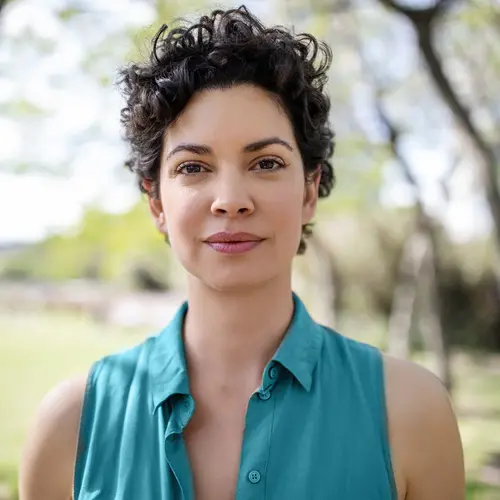Cluster headaches can get to you. They’re very painful and unpredictable, a combination that can make you feel anxious or depressed.
“There is a certain amount of fear of the next attack, and fear of doing things that may trigger a headache,” says Noah Rosen, MD, director of Northwell Health’s Headache Center in Great Neck, NY. “Some people also fear going to sleep, because cluster headaches often set in just after a person falls asleep.”
If they start to take an emotional toll, you can do things to get back to feeling like yourself again.
The key is learning helpful ways to manage the feelings you have, says Clifford Segil, DO, a neurologist at Saint John’s Health Center in Santa Monica, CA.
What helps? Try these strategies:
1. Remember that it’s temporary.
There’s no doubt: These headaches feel awful. But try to keep your perspective.
“Avoid catastrophic thinking: the ‘Oh my gosh, this headache will never end, my life is over’ thoughts,” Rosen says.
Try to notice what you think. If you find that they start to go down a slippery slope that makes you feel even more upset, try to let those thoughts go. Gently remind yourself the headache will come to an end.
A mindfulness practice is a good way to develop this skill. You simply sit and observe your breathing, for instance, and let your thoughts pass by without capturing your attention. Just 5 or 10 minutes a day can build the habit. It’s not a cure for headaches. It’s training for how you respond to anything that comes up in your life.
2. Make a plan with your doctor.
Sometimes simple lifestyle changes make a difference, Segil says. Many of these tweaks are about avoiding triggers, which he says can include things like stress and certain things you eat or drink, such as red wine and cheese.
Caffeine is a trigger for some people, but Segil says it helps others.
Medications can also help. A neurologist or headache specialist work with you to make a well-rounded treatment plan.
3. Face your biggest fear.
“People often become anxious about their headaches because they fear a brain tumor,” Segil says.
That probably isn’t the case. “If you are worried about the source of your cluster headaches, see a neurologist. He or she can order a CT scan or MRI,” Segil says.
“If the study does reveal a problem, you can get treated. If it doesn’t, it will help put your mind at ease.”
4. Be ready.
“Because cluster headaches strike so quickly, people often feel blindsided and unprepared,” Rosen says. “So arm yourself by carrying a rescue medication with you at all times as a safety net, just in case.”
Your doctor can let you know what kind of medicine would be helpful for those cases.
5. Open up.
Let the people you’re close to know what’s going on and how they can support you.
“There are also lots of in-person and online support groups out there, both for cluster headaches and mood disorders,” Rosen says. He recommends the American Headache Society.
6. Talk to a pro.
If you're depressed or anxious, it’s time to get in touch with a counselor. They can help you find solutions and recommend treatment so you feel better. This may include lifestyle changes (like exercise, diet, and good sleep), and possibly also medicine.
Ask your doctor for a referral. Or ask friends or family for recommendations. Lots of people get counseling for many different reasons, so it may be easier than you think to get the names of a few candidates. Choose someone you feel comfortable talking with.
7. Live your life.
Do more of what makes you feel happy, connected to positive people, and healthy.
“Go see movies, read books, spend time with your family and friends,” Rosen says.
Good relationships and activities you love counter stress -- and no headache should steal that from you.
